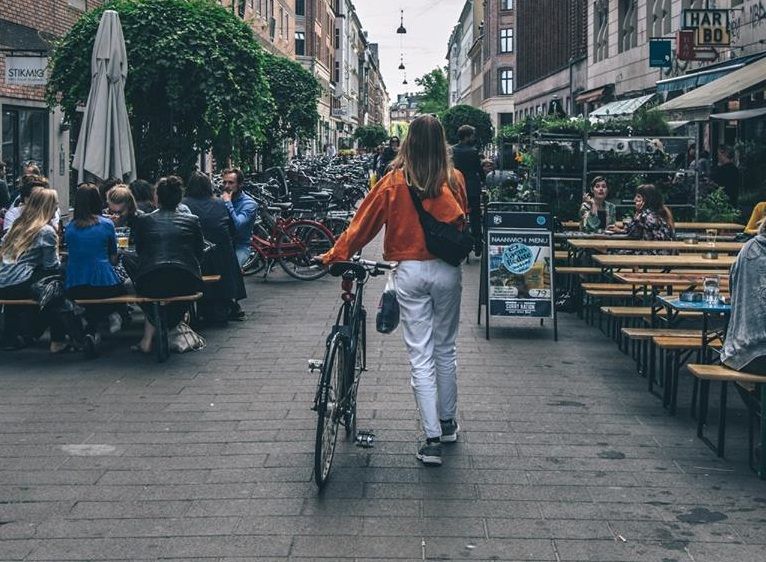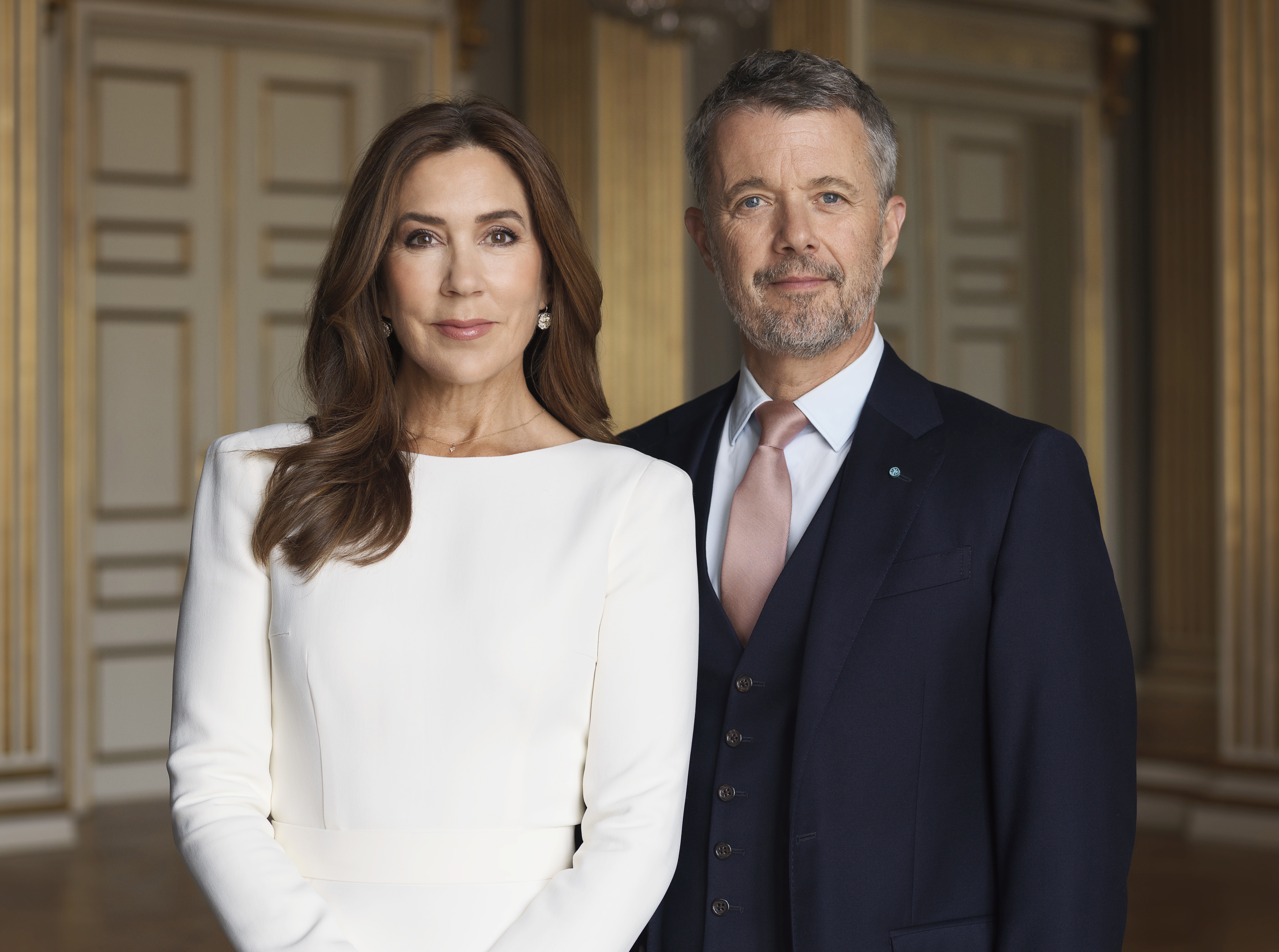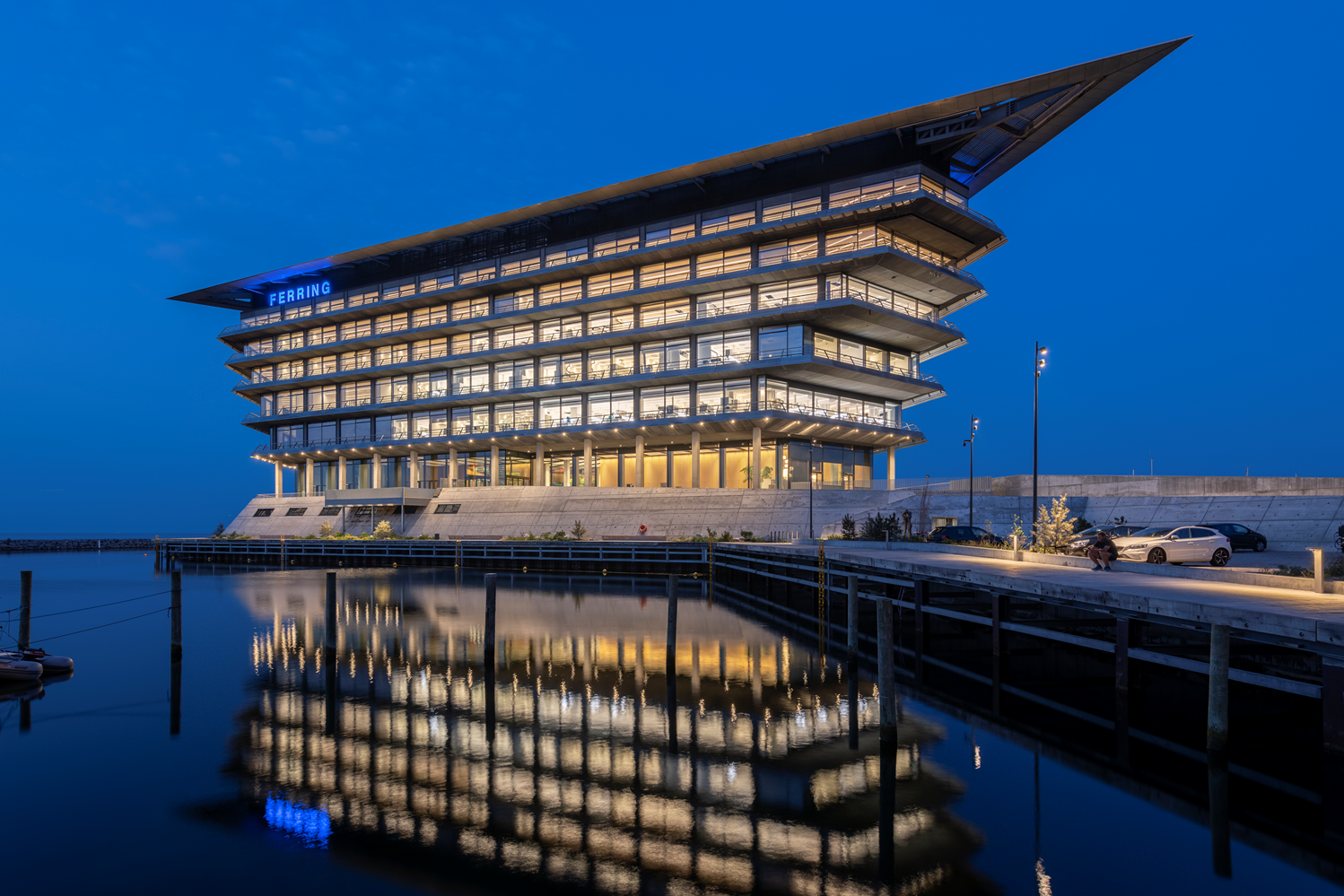The so-called ‘contact theory’ that is supposed to improve integration via increased contact between ethnic Danes and immigrants may not be as effective as once believed, according to new research.
Jens Peter Frølund Thomsen, a professor at the Department of Political Science and Government at Aarhus University, found that while contact with immigrants can increase tolerance, it doesn't do much to alter general attitudes towards immigrants.
Particularly, the practice of busing bilingual children from immigrant-populated areas to schools that have a smaller concentration of immigrants may not be effective at all.
“My research does not really support the idea that tolerance of ethnic minorities is improved when we distribute immigrants at the school level,” Thomsen told the science website Videnskab.dk.
READ MORE: Danes: We are too tolerant of Muslims
Criticism of ‘contact theory’
Thomsen’s research looked at the ‘contact theory’ and concluded that it only affected ethnic Danes' attitudes towards the immigrants they are in personal contact with, while their general views of immigrants as a whole remained largely unchanged.
”Typically, people have tried to investigate how much contact is required to break down people’s prejudices, which is also interesting. But when you look into it, there is a real danger that the effect seen only relates to the specific immigrants you meet,” Thomsen argued.
Thomsen compared the degree of contact that 1,929 ethnic Danes have with immigrants. Then he compared that degree of contact with a number of responses regarding the subjects' general attitudes towards immigrants from non-OECD nations.
The good news, according to Thomsen, is that the research revealed that tolerance is generally increased when people have contact with other ethnic groups. The bad news is that very few – just five percent – are strongly affected.
“I found that the strongest effects were found in connection to friendships with immigrants. The problem is that we choose our friends and many who choose to become friends with immigrants already had a positive outlook on them to begin with,” Thomsen said.
The media’s negative immigration debate
The effect is particularly poor in schools, running counter to the practice in many Danish cities of busing immigrant children to schools with lower immigrant concentrations in order to promote integration.
Thomsen contends that the limited effect of the contact is partially explained by the tone of the immigration debate in the media.
”People hear about the trouble generated by a few ethnic groups and that limits the contact effect. People think, 'The two immigrants I work with are good fellows, but I hear about a lot of trouble with Muslims, so I’m not a big fan of immigrants in general',” Thomsen said.
The Copenhagen effect
According to Thomsen, people in Copenhagen are generally more tolerant than the rest of the country.
“People in Copenhagen, which has a large concentration of immigrants, are more tolerant of immigrants and it’s not just because of the greater number of highly-educated and left-orientated citizens,” Thomsen said. “We don’t see the same effect in other Danish cities or the rural areas, where the concentration of immigrants is low and the negative mentality is particularly persistent.”
Thomsen's findings come a week after a survey by market researcher TNS Gallup, carried out for Berlingske newspaper, found that every third non-Muslim Dane is under the impression that Denmark is too tolerant of its Muslim minority population.








